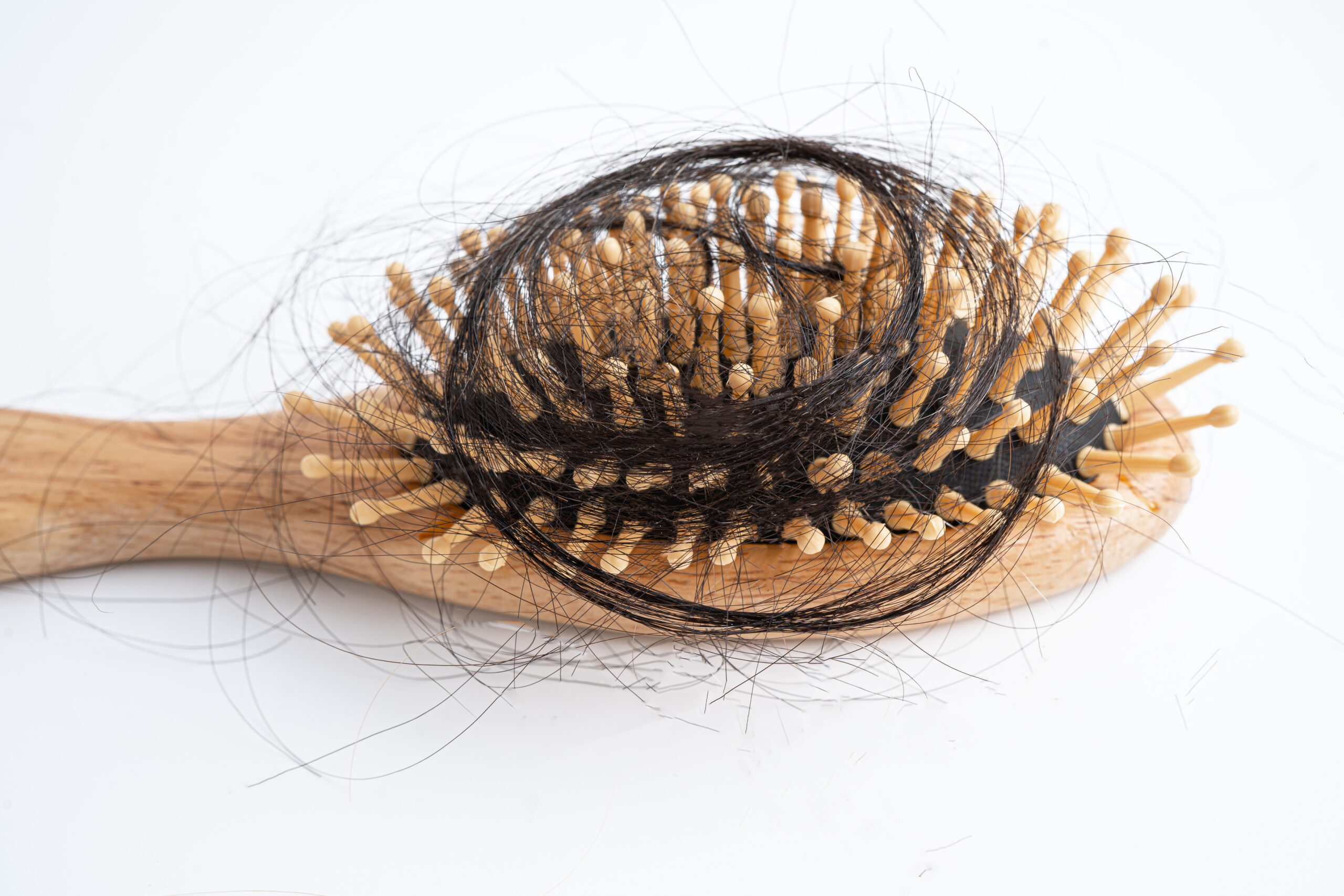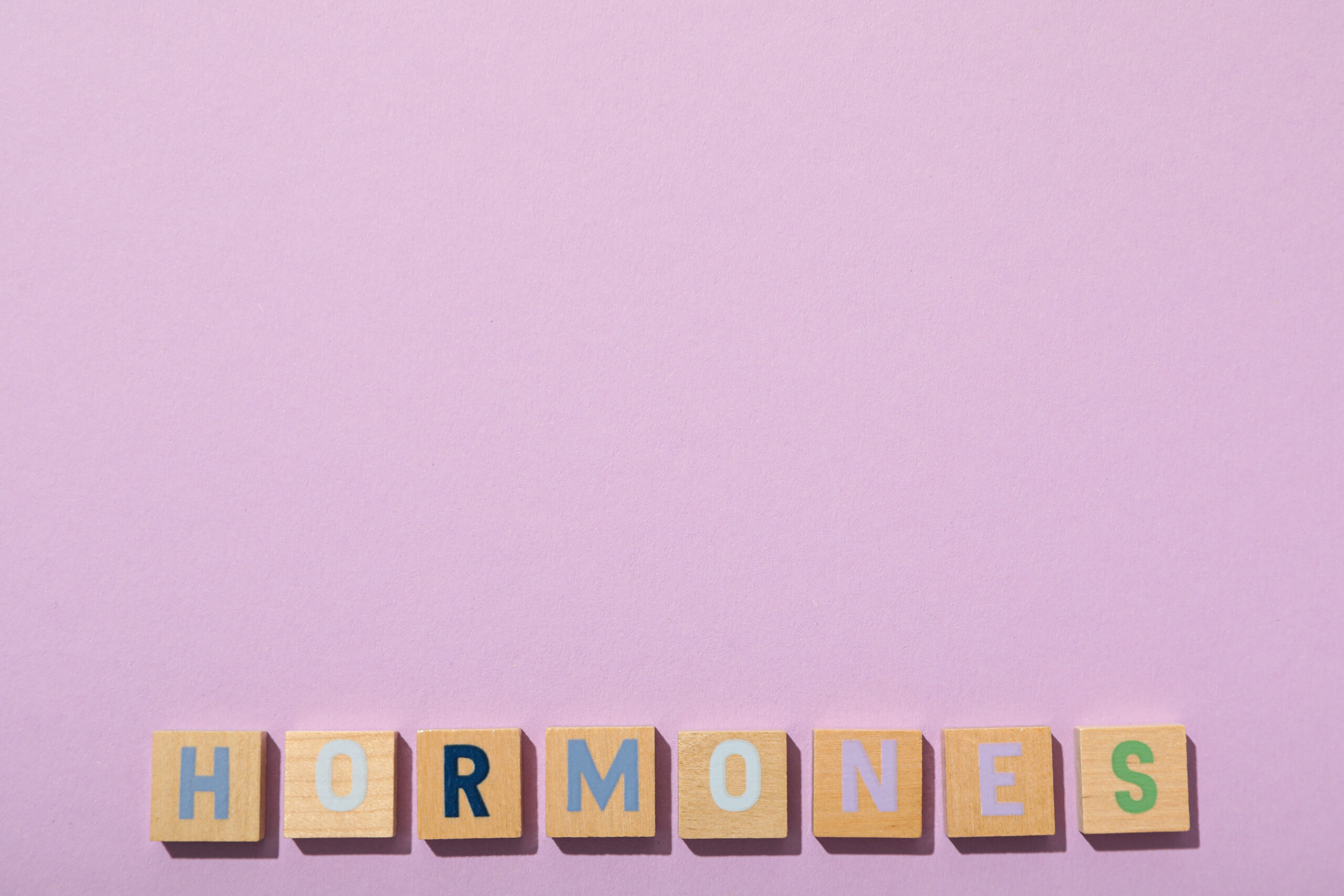The Unexpected Link Between Hair Loss and Kidney Function
It is said that kidney function decline could be an unexpected cause of hair loss. Let’s explore the impact of kidney function on hair loss.
Generally, hair loss and kidney function are not directly related, but there are certain situations where they can be linked. In traditional Korean medicine, "kidney" (腎) refers to a broader concept than the kidneys in Western medicine. It is considered a vital organ that manages the body’s fundamental energy and vitality. In this view, the kidneys are considered to store essential energy and are closely connected to reproductive functions, which makes them deeply related to hair health.

1. Chronic Kidney Disease (CKD) and Hair Loss
Individuals suffering from chronic kidney disease (CKD) are more likely to experience hair loss. CKD gradually reduces kidney function, leading to various bodily changes. Reduced kidney function can cause nutrient deficiencies, especially in proteins and vitamin D, which are essential for hair health. Additionally, CKD patients often suffer from anemia. A drop in hemoglobin levels reduces the oxygen supply to hair follicles, weakening hair and leading to hair loss.

2. Overall Health Condition
Poor kidney function can hinder the body's ability to eliminate toxins and waste, potentially worsening overall health. This deterioration can also affect the condition of the skin and hair.

3. Hormonal Imbalances
The kidneys play a role in hormone production and regulation. Kidney dysfunction can disrupt hormonal balance, triggering hair loss. In particular, abnormalities in the metabolism of testosterone (a male hormone) can exacerbate male pattern baldness.

4. The Relationship Between Kidneys and Hair Loss in Traditional Korean Medicine
Kidney as the Root of Hair: Traditional Korean medicine has a saying, "The kidney governs the hair." This means that healthy kidney promotes lustrous and strong hair, while a weakened kidney can lead to thin and brittle hair. Blood Production and Circulation: The kidney is vital for blood production and circulation. Insufficient blood supply to hair follicles can cause hair loss. Fluid Production: The kidney generates and regulates bodily fluids. Fluid deficiencies can lead to dry, brittle hair and hair loss. Qi Circulation: The kidney is essential for smooth qi (vital energy) circulation. If qi does not circulate well, the hair may not receive adequate nourishment, resulting in hair loss.
Individuals experiencing kidney function decline often have underlying lifestyle habits that weaken their kidneys. If hair loss is caused by kidney function decline, adopting healthier habits such as maintaining a balanced diet, regular exercise, and adequate rest can help protect kidney health and reduce hair loss


